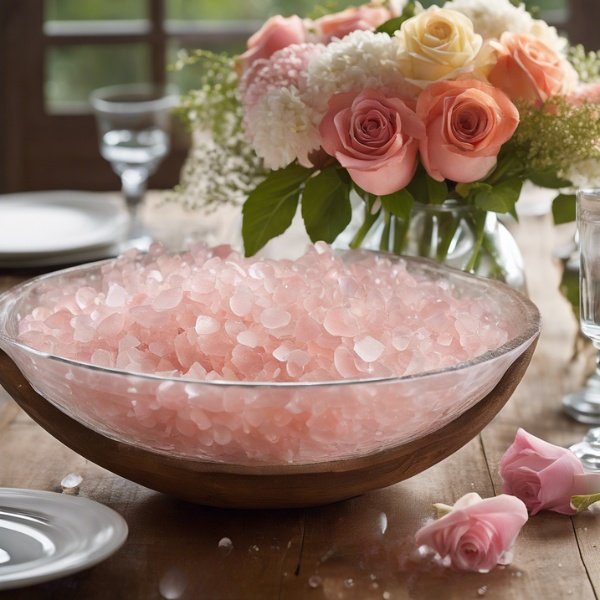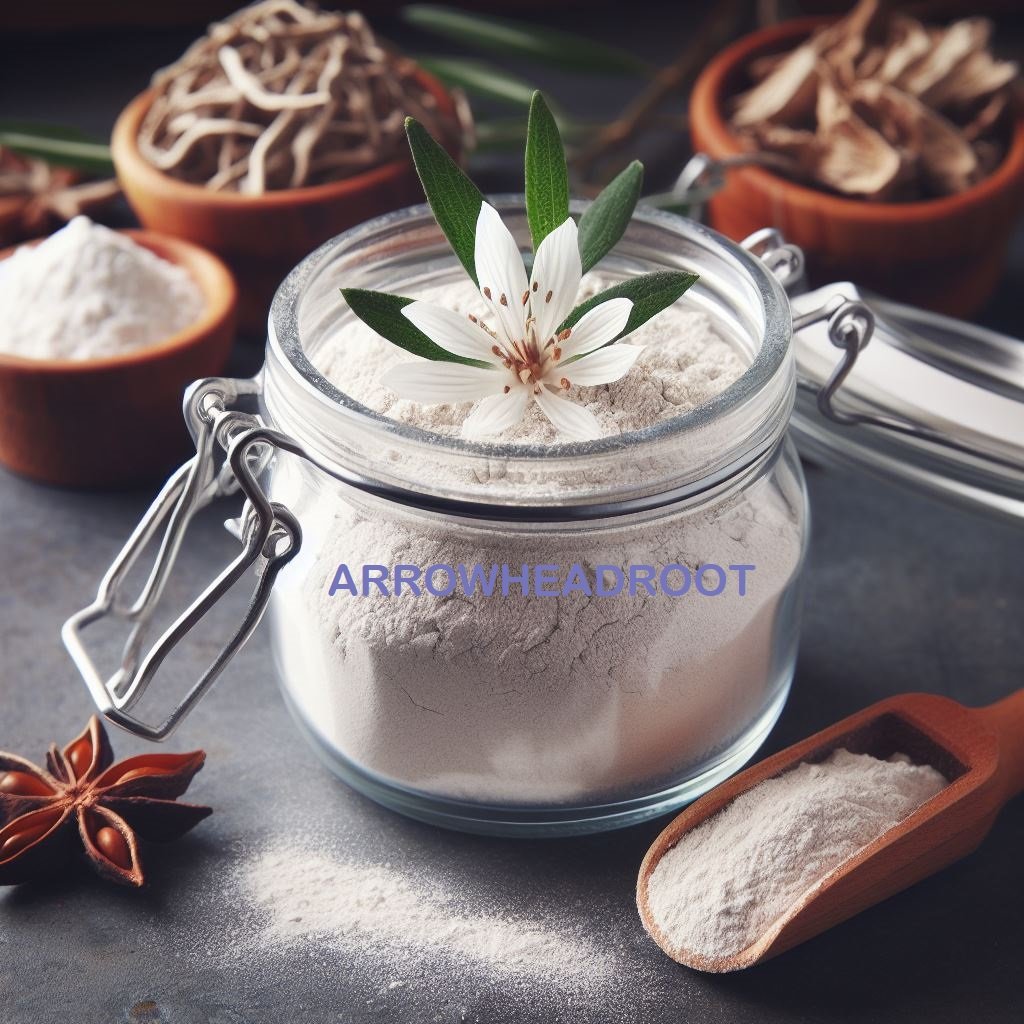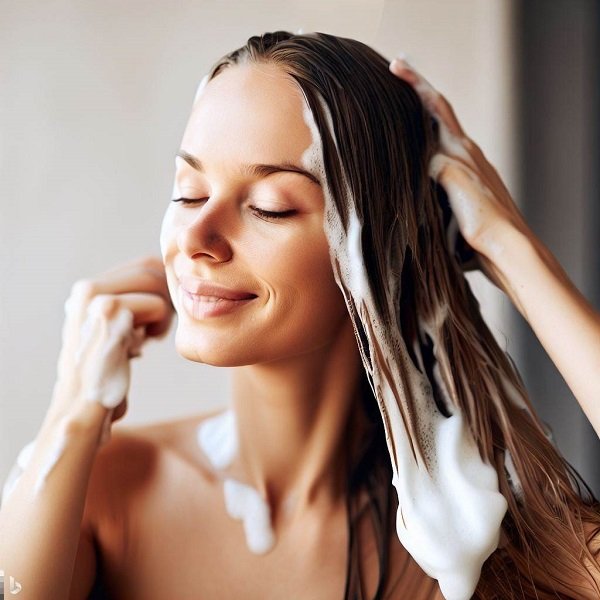
The Many Benefits of Himalayan Salt for Scalp, Hair, and Skin

3 Advantages of Arrowroot Powder for Healthy Beauty

Shampoo Facts - Cons & Pros
Shampoo Facts - Cons & Pros

Why Gray Hair Turns Yellow

Shift to Simple Proven Hair Methods
Healthier Hair Care

Silk Beauty Tip for Hair and Skin while You Sleep
Silk Pillow Case Sleep Beauty Tip





